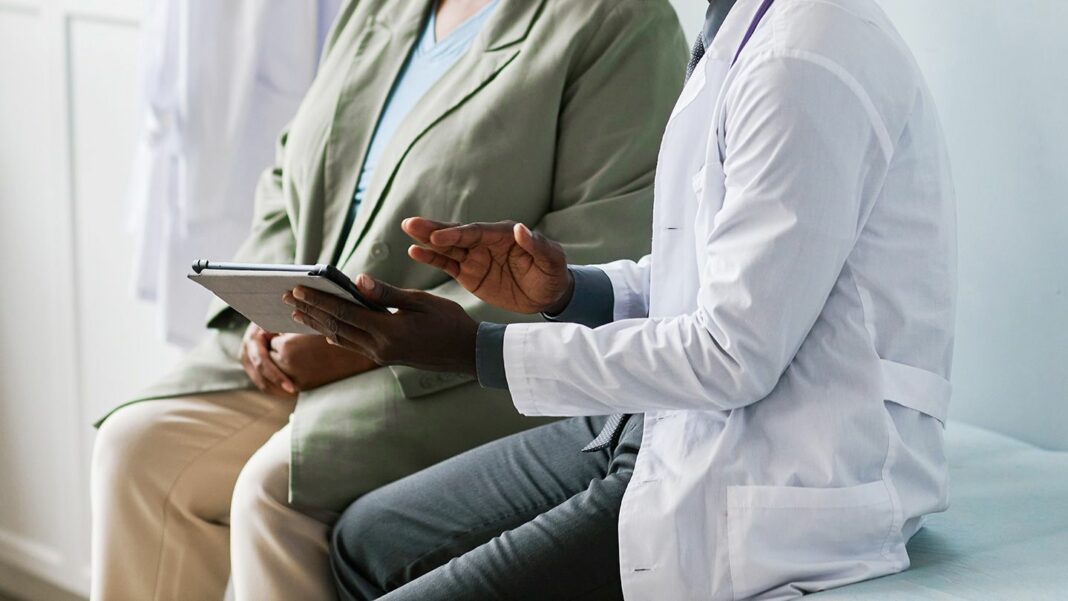How Obesity Medicine Specialists Are Different
Going to your primary care provider for obesity treatment doesn’t always work. Not all primary care doctors have training in obesity, and they may treat patients in ways that don’t make them feel understood.
“There’s a real lack of education and training experiences for physicians around obesity and its treatment,” Dr. Gudzune says. “There’s a big gap in knowledge.” She points out that a lot of primary care physicians and other doctors tell their patients with obesity to eat less and move more.
Cassetty agrees, adding, “A lot of times, people go to the doctor and hear, ‘You need to diet and exercise.’ If it were that easy, people wouldn’t be in the position they’re in. And it’s not that helpful to basically be told that you are the problem, or to feel shame around your body. Someone who’s living with obesity could benefit from a more respectful patient-provider interaction.”
Primary providers may also not fully understand GLP-1s, she adds. “Blindly prescribing these drugs without full knowledge of how the drug works can result in muscle loss, weight regain, or indefinite plateaus.”
It may feel daunting to see a doctor when you live with obesity. People with obesity may have had stigmatizing experiences in healthcare settings.
“I’ve had people tell me they went to the doctor because they had a sore throat and they were told to lose weight, which has nothing to do with why they came in. It reinforces the idea that they’re not welcome,” Gudzune says. “I’ve had people come to see me who haven’t seen a physician in over a decade because they’ve had really horrible experiences with the healthcare system of being shamed or blamed about their weight.”
Obesity medicine specialists understand the stigma and bias people with obesity face, and they can provide compassionate, well-informed care. “One of the things that’s really key in my own practice is having an environment where everyone is welcome regardless of body size. There’s no judgment, and there’s no shame,” Gudzune says.
